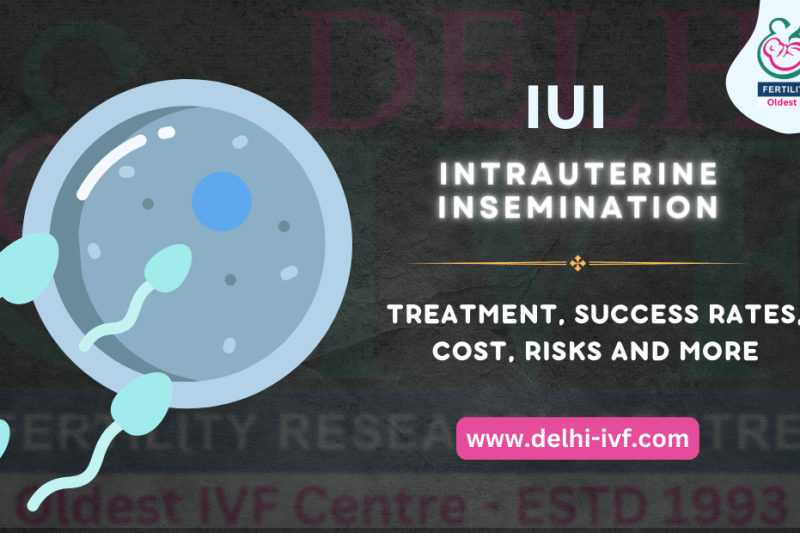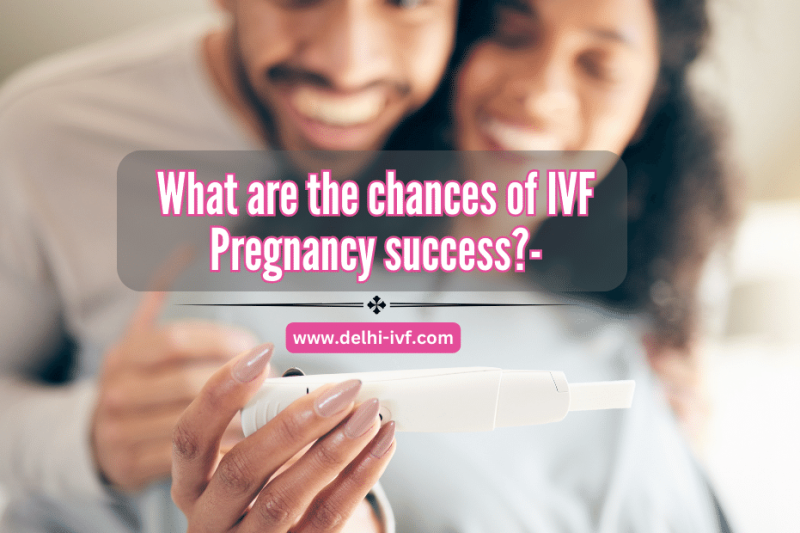Frequently Asked Questions
IUI FAQ
How long does it take for the procedure?
The semen processing takes approx 45 mins to 1 hour, after submission of the semen sample, which is most often by masturbation. It is preferred that the sample is procured within the hospital premises. After the sample is processed it takes 15 minutes for insemination and 1-2 hours for post procedure.
How much rest is required after the IUI procedure?
We commonly advise a rest of 1-2 hour post insemination in the hospital.
Can I carry my normal activities after the procedure?
It is better to take it easy for a few days after the procedure. However there is no need for absolute Bed rest.
Is it done under anesthesia?
The majority of the time, it is without anesthesia, but however, in a selected group of patients, the provision of anesthesia can be made available.
Is it painful?
In most of the cases, it’s painless.
Is it an ultrasound guided process?
Usually not, but in selected cases, like the history of difficult transfers ultrasound guided procedure is done.
Do I need to take leave from work after the procedure?
You may commence light work on the next day.
Do you check rupture before IUI?
Yes it is confirmed before IUI. In fact at Delhi IVF & fertility centre we do two IUI to increase the chances of conception.
Can we get a semen sample from home?
It is best to avoid this. It is advised to give the samples in the clinic premises. However in some exceptional cases semen can be brought from home, provided you reach the hospital within 30 min of ejaculation. In such conditions, the doctor should be informed, so that a sterile container can be made available prior. The container containing the sample should be kept at body temperature.
Is there any probability of error in semen egg mismatch?
There is no room for error as all the samples are doubled witnessed.
IVF FAQ
What is the difference between IVF & ICSI?
Both are forms of in vitro fertilization, differing in only the method of fertilization in the embryology lab. In IVF, the sperms and the egg are allowed to fertilize in a small petri dish and this method is very similar to the natural form of fertilization. IVF is deployed when sperm parameters are normal. ICSI, is the form of Fertilization, mainly for Male Factor fertility, where each egg is injected with the help of a fine needle with the sperm. Indicated when the sperms parameters are deranged in count, motility, morphology.
How many times can one try IVF?
There are many parameters which decide this, like the age of the female partner, clinical profile of the patient, previous response to IVF cycle, medical complications, implantation failure etc. In most of the cases, IVF can be attempted 4-6 times.
Is IVF harmful?
No, it is mostly a very safe procedure. Basically, any surgical procedure has its inherited risk, but overall the rate of surgical complication during egg collection is minimal, as it is guided by ultrasound. As far as the egg making injections/hormones are concerned, they are excreted daily in urine and stools, provided the renal and kidney parameters are normal. As far as the OHSS is considered, the incidence of severe form is only 1-2%, which requires hospitalization. The mild and moderate cases can be handled on OPD basis. Most successful & experienced clinics are now Ovarian hyperstimulation free and they offer excellent results in pregnancy.
Is the incidence, of multifetal pregnancy high?
On an average the twin pregnancy rate is 50%, of the triplet is 5%, and singleton is 50-60%, when day 3 embryos (3), are transferred.
Is the incidence of birth defects high?
Till date, millions of babies have been born across the globe, through this technology and the evidence is backing that there is no statistically significant increase in the incidence of the defects. In fact, some studies reveal, IVF babies have an excellent IQ even better than normal babies.
What Is the gap period required between 2 unsuccessful cycles?
Usually 1-2 months but it of course varies based on the medicine advice.
It is said that the success is difficult in the first attempt! Is it true?
The overall pregnancy rate is 38-51%, across the globe, which means around 45 per 100 to get pregnant in the first attempt. However, it also depends on the exact case and clinical history. In some simple cases it can go upto 80-85% as well.
Is complete bed rest advised after embryo transfer?
The recent evidence is not backing this; however, we advise rest for 2-3 days after which they can carry their routine non-strenuous activity.
How much rest is required immediately post transfer, before one leaves the hospital?
It depends upon the procedure of IVF Embryo transfer. We make the patient rest for 2-3 hours post embryo transfer and ask them to take it easy for a few days after the procedure.
When does the treatment start and how long does it take?
There are 2 commonly used protocols, long and the short (antagonist). The short protocols start within first 3 days of the menses and the conventional long protocol starts on day 21 of the previous cycle.
Which protocol is better?
There are 2 commonly used protocols, long and the short (antagonist). The short protocols start within first 3 days of the menses and the conventional long protocol starts on day 21 of the previous cycle.
Can embryo transfer be done under anesthesia?
Yes, in certain cases it can be done.
Does one need to take many injections even post transfer?
Yes, This depends from clinic to clinic. In our clinic, we do not routinely encourage injections, except in selected cases.
How many times do I need to visit the hospital for ultrasounds?
On an average 4-5 times.
ICSI FAQ
For how long one can freeze the embryos?
As long as 15-20 yrs. The results are not affected by the duration of freezing.
Which is stage freezing carried out?
Day 2/3/5 embryos can be frozen. However, freezing, the embryo at the blastocyst stage is recommended.
Any complications of the procedure?
In expert’s hands, they are negligible.
Are the results not as good as the fresh cycle?
This is a myth. In Fact, the results are equal or better, when indications & expertise, are optimally matched.
How long does the process take?
On an average 3-4 weeks.
EGG DONATION Program FAQ
What is the age criterion for donor selection?
Preferably 21-29 yrs.
What are the screening criteria?
We strictly adhere to the ICMR guidelines and latest ART bill 2022. A detailed medical, family history is undertaken along with blood test to assess the physical fitness and for the screening of infectious diseases like HIV, HbsAg, HCV, VDRL, etc.
Do you follow a shared donor program?
We use one donor for one patient only (according to the latest ART law 2022).
Can we get our own donor?
We follow the rules …… by the ART law 2022. Please ….. To the doctor for discussion in your case.
Can we get a Donor according to our preferences?
Usually, we try to select the donor profile as close as to the recipient. Certain preferences as religion, educational status etc can be catered to.
Are the donors married?
We select donors who are married and have at least one normal living child.
How many eggs are usually targeted from a donor egg program?
According to the latest guideline, 7 eggs are allowed to be collected for one donor.
How long does it take for a donor selection?
Usually 1-2 weeks, however, we do have a premium Donor egg program running too, wherein we have prescreened donors
Do you have a Caucasian & African donor program?
Yes, we do have the affiliation with Donor agencies that do provide such a facility.
How long does one need to stay in India (overseas patients)?
1- Usually 3-4 weeks (average 25 days).
2- We can limit the stay to as short as 7-10 days, by being in touch via emails. (It is not possible for both partners to not stay for the entire duration)





















 Your Journey to Parenthood Begins with us!
Your Journey to Parenthood Begins with us!